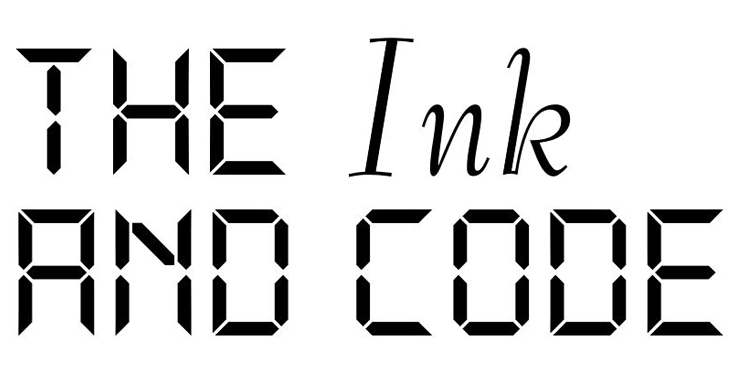One of the paragraphs in this NYtimes.com article about the writer Franz Kafka begins, “We all know how he ate his food: he “Fletcherized” it, chewing each bite a hundred times before swallowing. He was almost six feet tall, meticulously groomed and preternaturally self-absorbed.” That got me thinking on the topic of writers, and creatives in general. We are a crazy, neurotic bunch.
It makes sense, though. You have to be somewhat unusual in order to thoughtfully express yourself. To have someone experience an emotion through your work you must thoroughly own and experience that emotion yourself. And work is rarely perfect the first time around. Writers have to finely tune that sentiment to make it just right, and that means revisiting that emotion over and over again. And that’s just one emotion for one character. One tone. One note. One image. Out of the hundreds, possibly thousands of emotions that need to be strung together to create a story. Yes, hundreds or thousands of emotions. It’s enough to drive a person mad.
Creating an evocative piece of art is sometimes so maddening it can literally drive someone to the edge, depending on what the artist has intended to convey. Even pop artists can go mad. If it’s not the material they create, or make, that drives them mad, it’s the result of the emotional response of their fans to that material. Their fans crave them, the media consumes them, and they are picked clean to the bones.
Being creative also generates deep eccentricities in a person. There’s rarely control over inspiration. We can’t decide what moves us, and when and why. Like emotions, these musings come out of nowhere, and takeover at will. We love them, hate them. We are them. And they are us. Then we pour our souls into projects that sometimes end up not even being that great. Even though those instances are always a learning experience, that lost time is perceived as wasted. This makes us vulnerable, insecure, irritable, and guarded.
And god help all those around if these ideas can not be explored in some way, at least.
Another line in the article reads, “Kafka was always burning his stuff, or threatening to, or demanding that others do it for him.” Maybe that’s an artist’s metaphor for the all-too-familiar, “I’m not sorry. I’m sorry. It’s not my falt,” that we contend with. “I’m not sorry” that I’m creative. “I’m sorry” that I’m crazy because of it. “It’s not my fault” I’m like this, can’t you just accept it?
Does that even make sense? Maybe it’s just me. Maybe I’m crazy.

